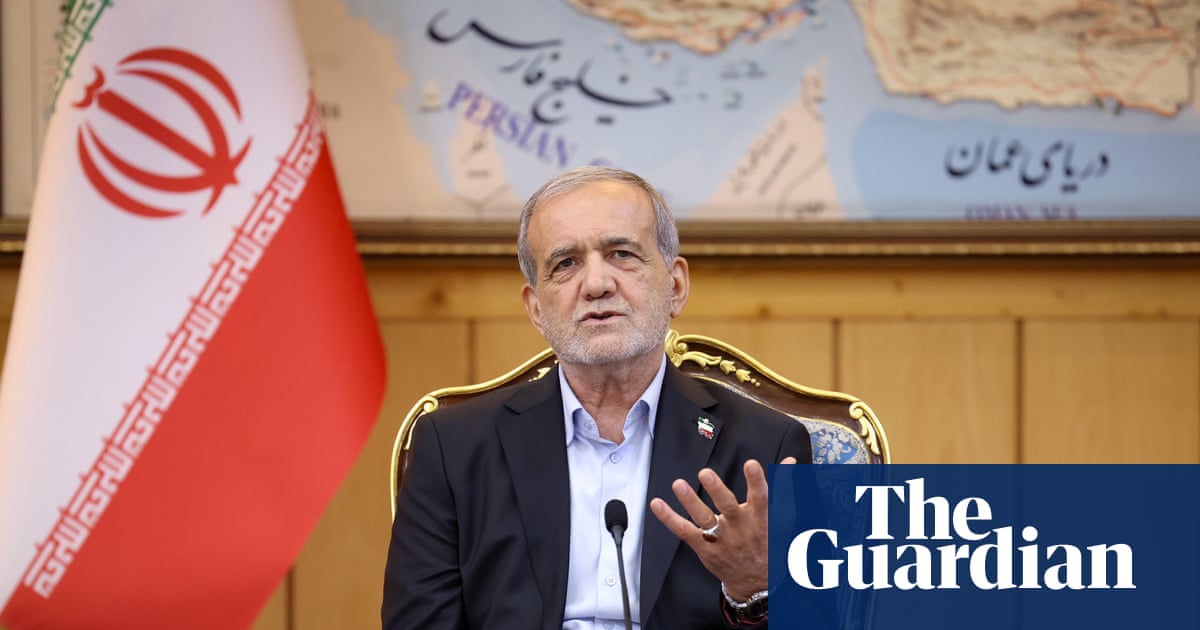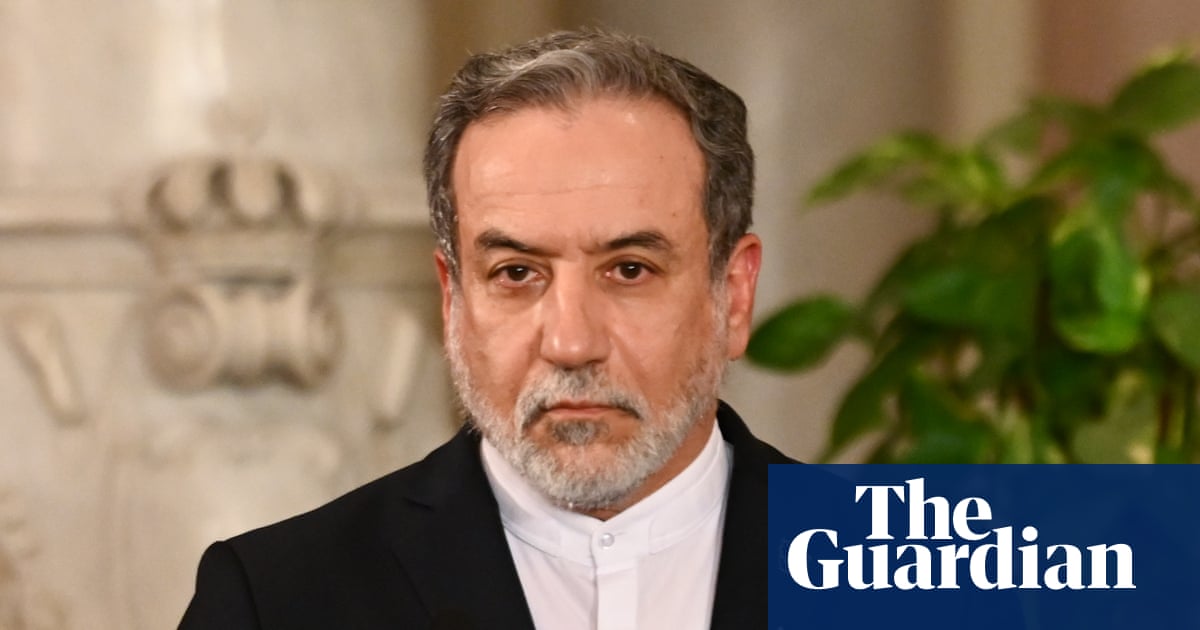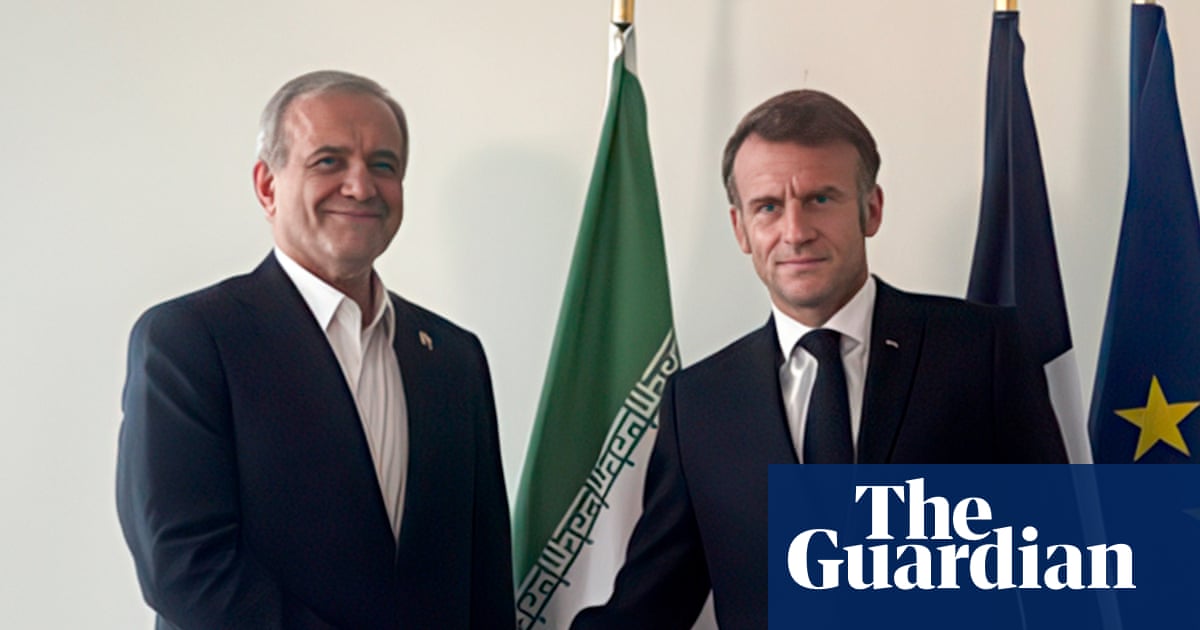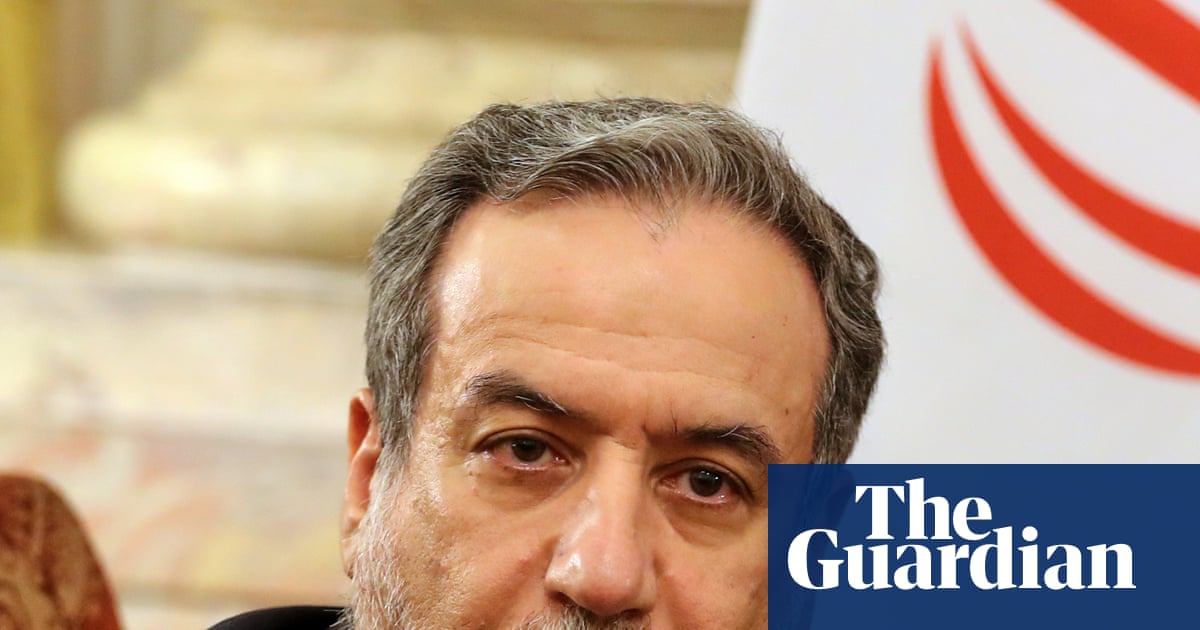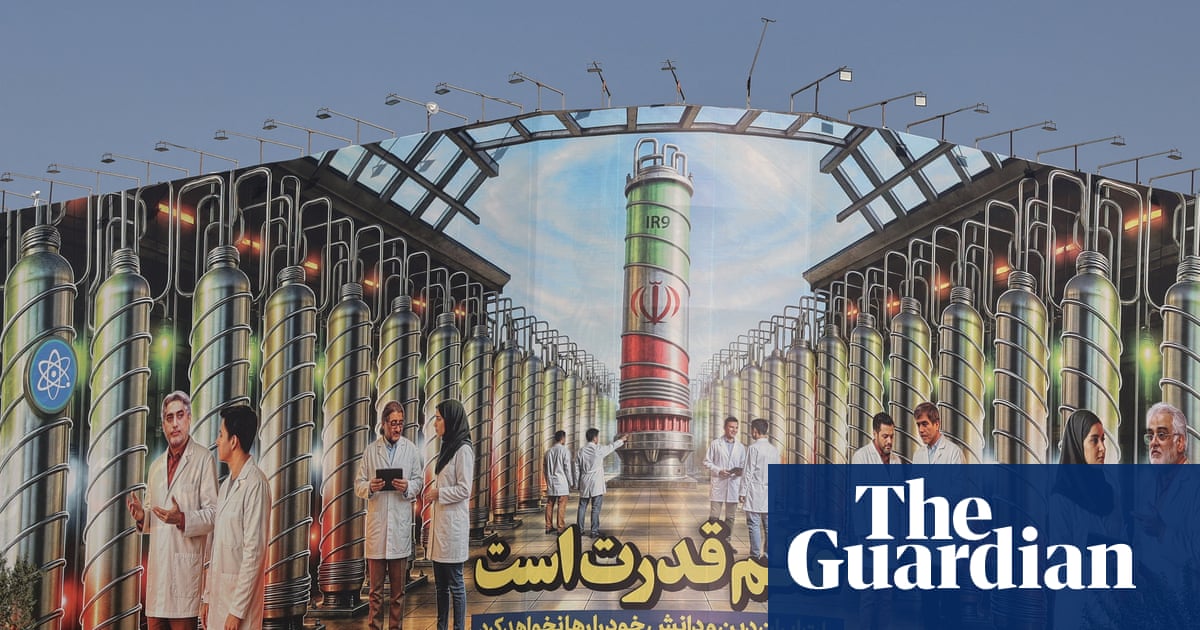#un-sanctions
#un-sanctions
[ follow ]
#iran #iran-nuclear-program #iaea-inspections #iran-nuclear-programme #diplomacy #iaea #snapback-mechanism
fromwww.dw.com
3 months agoHow Iran ships oil around the world despite sanctions DW 10/08/2025
The renewed sanctions imposed a freeze on Iranian assets abroad, a halt on arms deals with Tehran and additional restrictions on Iran's ballistic missile program, among other measures. "No big deal," Iranian Oil Minister Mohsen Paknejad remarked. "In less than two years, 25 sanction packages with a total of 470 to 480 new punitive measures have been imposed on Iran. There are no further sanctions that could seriously concern us," he told reporters on October 1.
World news
fromwww.aljazeera.com
4 months agoIranians fear more economic pain, war as UN sanctions snapback
They include an arms embargo, asset freezes and travel bans, and nuclear, missile and banking sanctions that are expected to impact all sectors of the beleaguered Iranian economy, as most of over 90 million people pay the price over the coming months. The sanctions are binding for all member states, to be enforced using nonmilitary measures. Iran's turbulent regional situation has some fearing more military strikes by Israel and the United States,
World news
fromwww.theguardian.com
4 months agoUN security council fails to prevent snapback' nuclear sanctions on Iran
UN sanctions on Iran are set to be re-established at the end of the month unless the nine-member security council agrees to further extend sanctions relief. Friday's resolution, put forth by South Korea, only received support from four countries China, Russia, Pakistan and Algeria. The vote is likely to further strain relations between Iran and the west.
World politics
fromwww.theguardian.com
4 months agoUN inspectors can resume work at Iran nuclear sites after breakthrough deal
Tehran and the UN nuclear inspectorate have reached an agreement that will allow UN inspectors to return to inspect all of Iran's nuclear sites, including those bombed by Israel and the US in June. The breakthrough, confirmed by Rafael Grossi, the director general of the International Atomic Energy Agency, came during a three-hour meeting on Monday between Grossi and the Iranian foreign minister, Abbas Araghchi, in Cairo.
World news
Miscellaneous
fromRadioFreeEurope/RadioLiberty
5 months agoEuropean Powers Trigger Mechanism To Snap Back UN Sanctions On Iran
Britain, France and Germany invoked the JCPOA snapback to seek reinstatement of UN sanctions on Iran, potentially terminating the JCPOA and pressuring Tehran to resume compliance.
fromwww.theguardian.com
6 months agoEurope gives Iran deadline to contain nuclear programme or see sanctions reinstated
The EU will initiate the reinstatement of UN sanctions on Iran if no progress on its nuclear programme is made by 29 August. France and partners aim to reapply embargos on arms, banks, and nuclear equipment, indicating the need for a tangible commitment from Iran.
EU data protection
[ Load more ]


